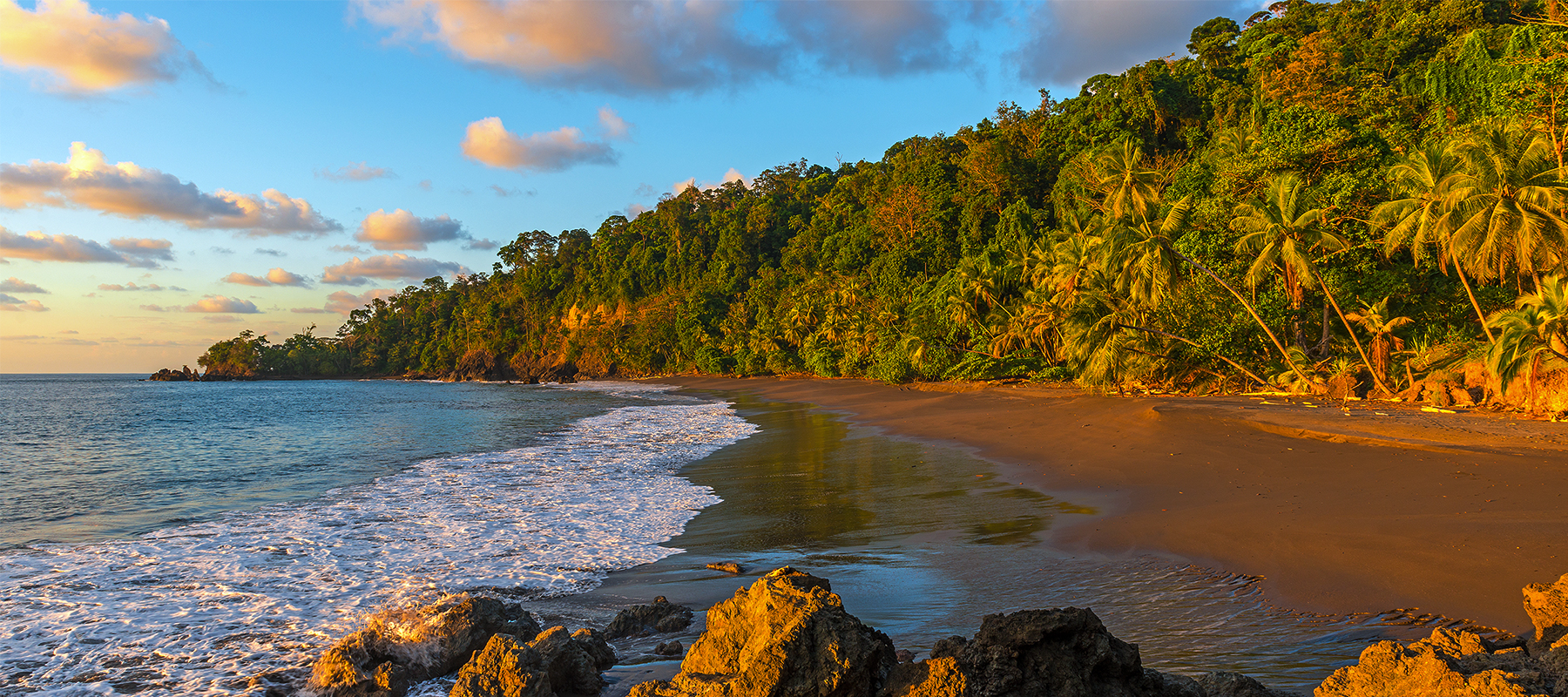
Family Travel
'Blue Zone' residents on this breathtaking Costa Rican peninsula often live to be 100 years old or beyond.
a
by Peter Greenberg
16-07-2024

Family Travel
a
by Peter Greenberg
16-07-2024
On the coast of the Atlantic Ocean is the Costa Rican peninsula known as Nicoya, which is also a city and a canton (a kind of municipality). Death also forgets this area. The average life expectancy of Nicoya is 80 years, which is lower than the U.S. average of 76.4 years; the island is known as a Blue Zone, where people often survive past the age of 100.
Their middle-age mortality rate is the lowest in the world, according to journalist and Blue Zones founder Dan Buettner. "The odds of a 60-year-old Nicoya living to 100 are eight times higher than those of an American." What, then, is it that makes people in Nicoya live such long lives? According to the experts, their busy lives with little stress are a major factor.
The calcium-rich water, wholesome food, family-based lifestyle, outdoor activities, and dedication to the pura vida way of life contribute significantly to the extended life expectancy of Nicoya Peninsula residents. Living in the moment, letting go of worries, and spending quality time with loved ones are all part of the pura vida lifestyle. According to Simón Carrillo, the regional representative of the Nicoya Peninsula at the Costa Rican Tourism Board, "life in Nicoya is more relaxed, people have a greater sense of community, and as a result, stress is significantly reduced."
Meals in Nicoya typically do not feature meat or poultry, but instead consist of simple, nutritious plant-based mainstays like rice, corn, beans, squash, and fresh fruit. The inhabitants here mostly concentrate on their agricultural job as part of their daily routine; it's how they make a living, according to Carillo. When dinnertime rolls around, they quickly conjure up recipes utilizing whatever fresh ingredients are in season.
The three sisters of Mesoamerican agriculture—corn, beans, and squash—are likely the healthiest diet ever, according to Buettner. "Compared to other Costa Ricans, Nicoyans drink far less milk."
As previously said, the people of Nicoya are accustomed to working in agriculture and frequently spend long hours outdoors in the sun picking crops.
Vitamin D is produced when cholesterol is exposed to sunlight, according to Buetttner.
Vitamin D insufficiency is common in the United States and is linked to mental health issues, diabetes, obesity, and impaired immune function. Bone health is enhanced by the combination of vitamin D and calcium, which is found in their water.
A 90-year-old woman Buettner saw cutting grass with a machete is just one example of how this hard activity doesn't go away for many people at a certain age, as Buettner pointed out. The people of Nicoya also don't take a break from their job. Having fun, nevertheless, is still very much a priority. The majority of locals would rather lead a slower, more contemplative existence, where they can enjoy the little things in life, spend more time with loved ones, and take in the breathtaking scenery. A slow pace of life is prevalent here, and people feel a deep connection to the natural beauty, according to Carrillo.
Although there are a limited number of centenarians in Nicoya, the majority of the province's elderly population resides in smaller communities spread out around the peninsula. Car mobility and the infrastructure that supports it are still relatively new in some of these areas, and many of these people have never driven a car before. "Physical activity is constant, since the general culture depends less on vehicles and people often walk a lot," Carillo remarked, referring to this. The residents of Nicoya engage in more regular physical exercise than that. They love to surf, explore the area's environment and hiking trails, or just relax on the beach because of the stunning scenery. Among the many positive health impacts of regular physical activity is the fact that it helps people sleep better, which in turn reduces stress, blood pressure, and the risk of cardiovascular disease.
Buettner went on to say that the people of Nicoya are doing more than simply improving their diet and exercise routines; they are also making meaningful relationships and discovering their life's true calling as they age. As the locals would say, "plan de vida," he emphasized the need of discovering one's purpose in life. To provide for their loved ones and make a positive impact on the world, they feel an overwhelming desire and obligation. They wake up every day for this reason, and it can add seven more years to your life of quality. The year you retire, consumed by a profound sense of meaninglessness, is one of the most perilous years of your life.
It appears that the Blue Zone will continue to be a Blue zone for quite some time; as of 2021, over 900 individuals over 90 had been recorded, and over 5,000 residents over 75, with the majority of them enjoying good health as they age, according to the Costa Rican Ministry of Health. The ingredients for a Nicoya centenarian seem to be an abundance of sunshine, water, nutritious food, exercise, and community.